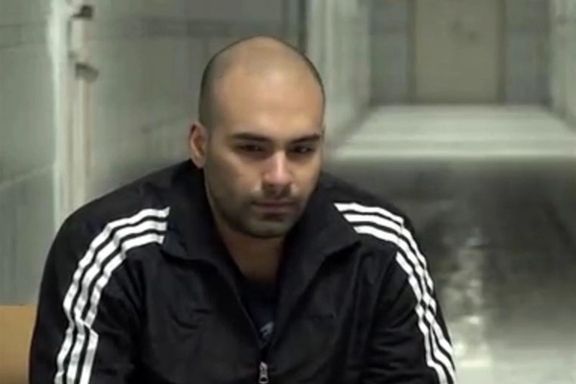Iran’s Top Sunni Cleric Says Hanging Protesters Is Un-Islamic

Iran’s top Sunni religious leader slammed executions of protesters as violations of Sharia law and warned the authorities that this will not stop the antigovernment movement.

Iran’s top Sunni religious leader slammed executions of protesters as violations of Sharia law and warned the authorities that this will not stop the antigovernment movement.
He specifically raised the issue of death sentences against five protesters charged with the murder of a government security agent and said, “Where is it written in Sharia that for killing one Basij member five people should receive the death sentence, and in such a short time?”
Abdolhamid also criticized the December 8 execution of the first protester, Mohsen Shekari, saying that for wounding a government security agent and closing a street, he should not have been hanged. The Sunni cleric said that Sharia foresees many lesser punishments, even if a person is convicted of “fighting against God,” the charge made against Shekari.

Abdolhamid also said that government agents have killed many innocent people since September and there has been no accountability and no justice.
The Islamic Republic considers many acts of opposition or defiance against the regime as “Moharebeh”, an Islamic-Arabic term meaning war against God, with the maximum punishment of death, which the regime readily applies.
Abdolhamid had warned last week against issuing death sentences for protesters. Relations between Abdolhamid and the government became tense after security forces opened fire on demonstrators in Zahedan September 30, killing more than 80 people.
A secret file revealed by hackers in November showed that Supreme Leader Ali Khamenei ordered his security people not to arrest Abdolhamid but to disgrace him, after the Sunni cleric directly criticized the autocratic ruler. If true, this shows that Khamenei plays a major role in decisions that lead to violations of human rights and the operations of intelligence agencies against dissidents.
Abdolhamid defended his own record on the issue of freedom and equal rights for women, which critics have recently raised. He said that the Baluch populated region was a traditional area, where women did not historically enjoy much freedom, “But a lot of work has been done.”
Condemning excessive punishment and executions, Abdolhamid said, “Governments of the world should know that killing their own people is wrong.”
He maintained that Shekari’s execution was not right according to Quran and Sharia. “Executions in Iran had no precedent in Islam in any period. [Similar executions] did not take place during Prophet [Mohammed] or during the four senior Caliphs who succeeded him, including Imam Ali.”
In Islamic jurisprudence, the decisions and actions of Prophet Mohammed are taken as a guide in Sharia and judicial or political decisions. The Sunni cleric particularly mentioned the fourth Caliph Ali, because he is the most important source of emulation after the prophet.
Abdolhamid also criticized the regime’s foreign policy, saying its international conduct brough poverty and hunger to the nation. “The nuclear issue has gone on for so long and you were not able to solve it, which brought pressure on the people and led to their protests.”